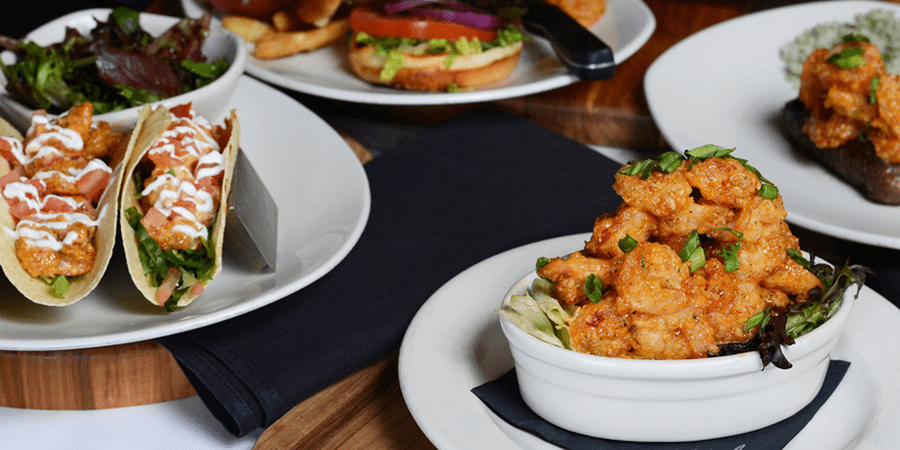Philadelphia, PA - You probably have already popped the question: "How long does cooked shrimp last?" Several factors should come into play. First, shrimp is highly perishable, with a shelf life of two to four days if kept refrigerated. Shrimp is also extremely easy to cook and can be ready in as little as five minutes. The downside of this limited shelf life is that shrimp spoils quickly, so it's best to consume it as soon as possible.
Can You Eat Cooked Shrimp After Five Days?
Can you eat cooked shrimp after five days? The answer to this question depends on the type of shrimp and how long it has been in the refrigerator. While refrigeration slows bacteria growth, it cannot stop it completely. The best way to reheat cooked shrimp is in the microwave, skillet, or steamer. Once you remove the shrimp from the refrigerator, they can stay fresh for up to four days. But, if you want to eat them after that, it's important to let them sit out at room temperature.
Once you cook shrimp, store it in an airtight container. You can use plastic wrap or foil to keep the shrimp moist. Make sure you remove the shells before placing them in the fridge. Store the shrimp in a tightly sealed container for up to three days. Keeping them out in the refrigerator longer increases the risk of bacteria growth. If you leave the shrimp in the refrigerator for more than two days, the shrimp will degrade in quality.
Signs That It Has Gone Bad
While some people can't tell when a portion of shrimp is spoiled, there are some clear signs that you need to throw it out. For instance, shrimp will have a strange smell, like seawater. This is a warning sign that it has gone bad. A bad shrimp will also feel slimy and may stick to the surface of the food or kitchen equipment. The smell of rotten shrimp should be similar to that of ocean water or salt. If the smell is overwhelming, the shrimp may be past its prime and should be thrown away.
The first of these warning signs is the presence of a vinegar-like smell. The odor is caused by the bacterial fermentation of the shrimp's flesh. The waste products of bacterial growth in the flesh are no longer safe for consumption. As such, this is the first sign that your shrimp is spoiled. An unpleasant odor accompanies the smell. If the shrimp is discolored or has a metallic taste, it is definitely spoiled.
Storage Containers
You might be wondering how long cooked shrimp lasts in storage containers. While it's possible to use cooked shrimp for two days, the shelf life is much longer. Raw shrimp can last up to a week if stored properly, and you can freeze them for longer periods. Keep an eye on them and practice proper hygiene to avoid food poisoning. When storing cooked shrimp in storage containers, it's best to store them at a temperature of about 40 degrees Fahrenheit or less.
When stored at room temperature, cooked shrimp will not keep very long. Bacteria grow quickly between 40 and 140 degrees Fahrenheit and are more likely to rot if left at room temperature. Refrigerating shrimp after cooking will ensure the maximum shelf life possible and prevent harmful bacteria from forming. However, if you're cooking more than you need for one meal, you can freeze it for later use.
Symptoms Of Spoilage
Raw shrimp that has gone bad can be dangerous for your health. This type of food is naturally contaminated with bacteria and parasites. Even if shrimp is marketed as "fresh," it should always be cooked thoroughly to kill these organisms. Here are a few warning signs you should avoid when buying raw shrimp. A strong smell of seafood is an indication that it may be spoiled. Look for unbroken shells and firm texture.
Raw shrimp with a fishy smell, slimy brown flesh, and black spots on the shell and tail is spoiled. The eyes of a spoiled shrimp are murky or black. Their odor is also unpleasant. The shrimp may also be too fishy or smell too strongly of iodine. Before you begin cooking shrimp, make sure that you keep them in the refrigerator. The cooking process extends the shelf life.
